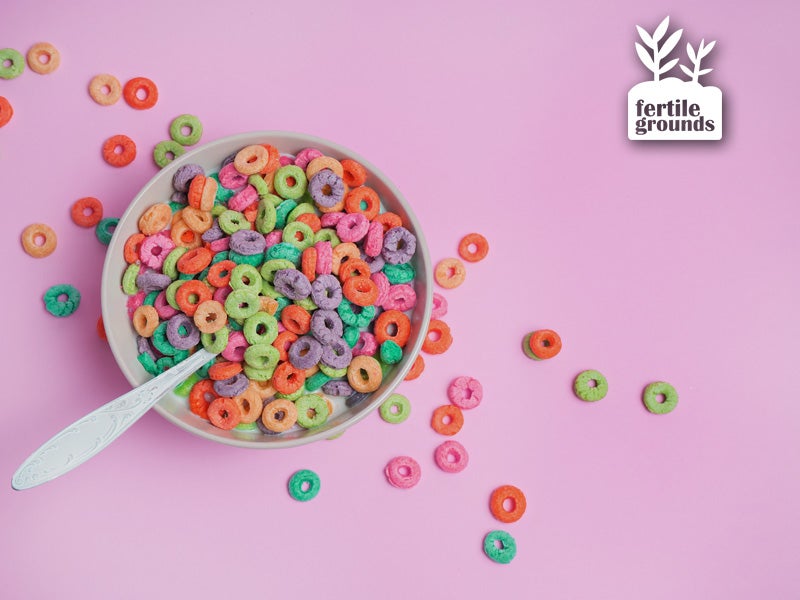FDA Allows Secret, Untested Chemicals into Our Food
Earthjustice has filed a lawsuit challenging a rule that allows thousands of novel, untested chemicals to be used as food additives without FDA review.

This page was published 8 years ago. Find the latest on Earthjustice’s work.
When you open a bag of chips or an energy drink for a quick snack, you assume they’re safe to consume. Surely they’ve been vetted. That’s what the Food and Drug Administration (FDA) is for, right?
Unfortunately, the FDA, the agency legally responsible for ensuring the safety of our food supply, recently finalized a rule that allows manufacturers to decide for themselves—in secret—which chemicals can be added to processed foods like chips and breakfast cereal. Processed foods make up 70 percent of the American diet; these are foods we eat and feed to our children on a regular basis. Earthjustice and several consumer, health and food safety groups are challenging the newly finished rule in court.
Processed foods make up 70 percent of the American diet; these are foods we eat and feed to our children on a regular basis.
Most Americans would be shocked to learn that the FDA allows novel—even untested—chemicals to enter the market with no independent safety review. But the practice is all too common, thanks to a loophole that has swallowed food safety law whole. More than fifty years ago, Congress created an exemption from safety testing for food additives that were “generally recognized as safe,” or GRAS. The loophole was written in an era when food additives were typically ingredients like vinegar, salt and vegetable oil. It seemed reasonable to allow industry to bypass rigorous review for these common additives. The FDA proposed an even more generous GRAS exemption in 1997, and this FDA proposal was just finalized.
In recent years, the food industry has applied the GRAS exemption ever more widely, even to novel chemicals. Under the GRAS rule, manufacturers don’t have to inform the FDA of what these chemicals are, nor are they required to conduct rigorous, independent safety reviews before putting them in our food. According to a study by the Pew Charitable Trusts, almost all new chemicals added to food over the past decade were deemed by manufacturers to be GRAS. Today, an estimated 3,000 chemicals that have never been scrutinized by the FDA appear in food.
Today, an estimated 3,000 chemicals that have never been scrutinized by the FDA appear in food.
Year after year we hear about new and unintended ways chemicals in food can impact human health, from cancer and infertility to behavior disorders in kids. Yet the food industry, using the GRAS loophole, is allowed to keep information about the chemicals it employs under wraps. The FDA rule lets manufacturers decide for themselves, in secret, that a confidential chemical is safe based on unpublished studies by industry-funded experts. How can a substance that is not generally known to the government or the public be generally recognized as anything, let alone safe?
The secretive GRAS system makes it impossible for the FDA to carry out its core responsibility to the public to ensure our food is safe. We have a right to know what’s in our food and a right to demand that the agency in charge of food safety do its job. By caving to industry pressure with this illegal GRAS rule, the FDA is letting down consumers and compromising public health.
About this series
Fertile Grounds is a blog series that examines the challenges and opportunities in ensuring access to healthy, sustainable and affordable food for all. We talk about the entire lifecycle of food—from seed selection and planting to consumption and disposal—because there is potential for improvement throughout. We’re informed by the expertise of our many clients and allies and by Earthjustice’s years of work to ban harmful pesticides, encourage sustainable farming methods, reduce pollution, support farmworker justice and promote a healthy relationship between farmers and communities.
Earthjustice’s Sustainable Food and Farming program aims to make our nation’s food system safer and more climate friendly.